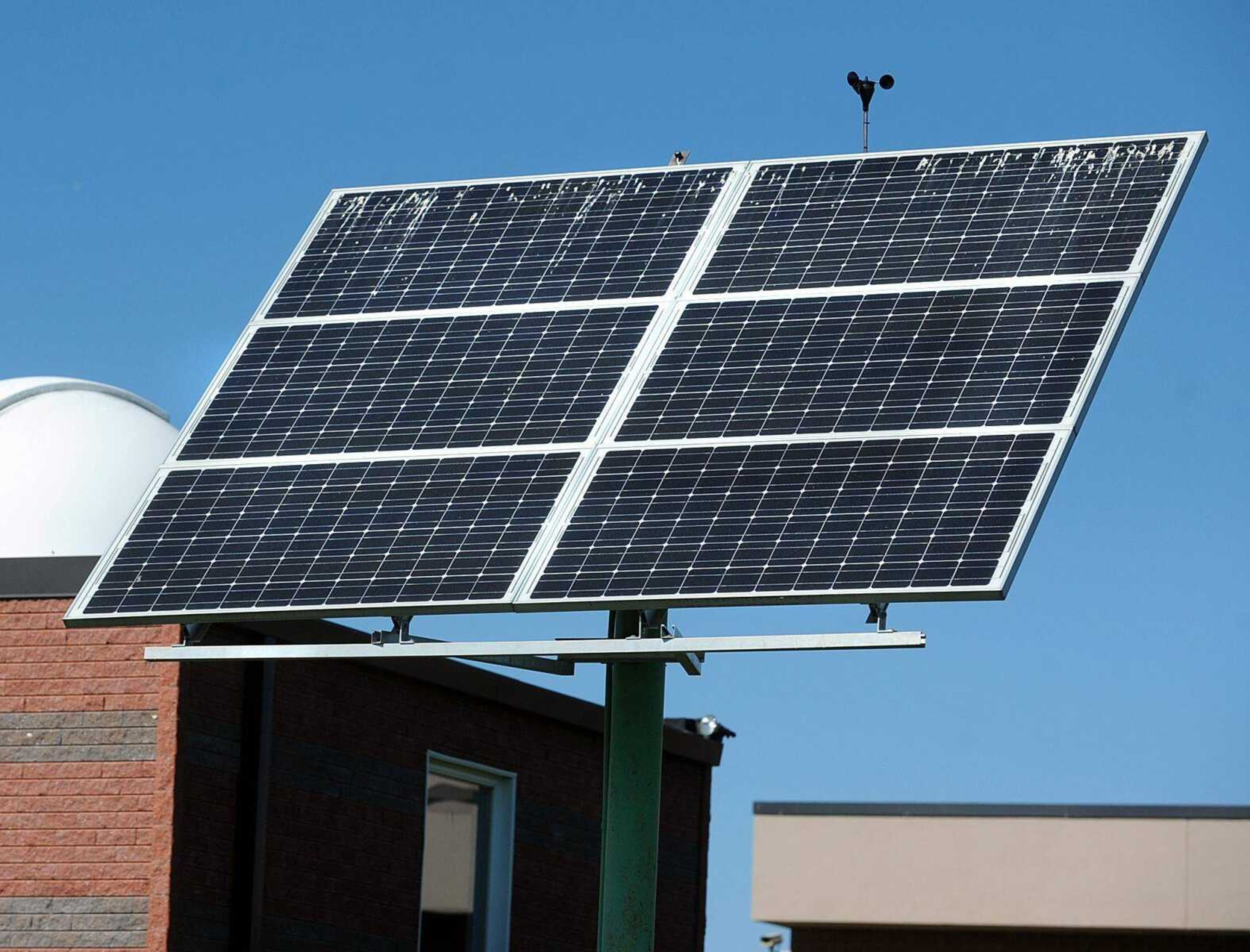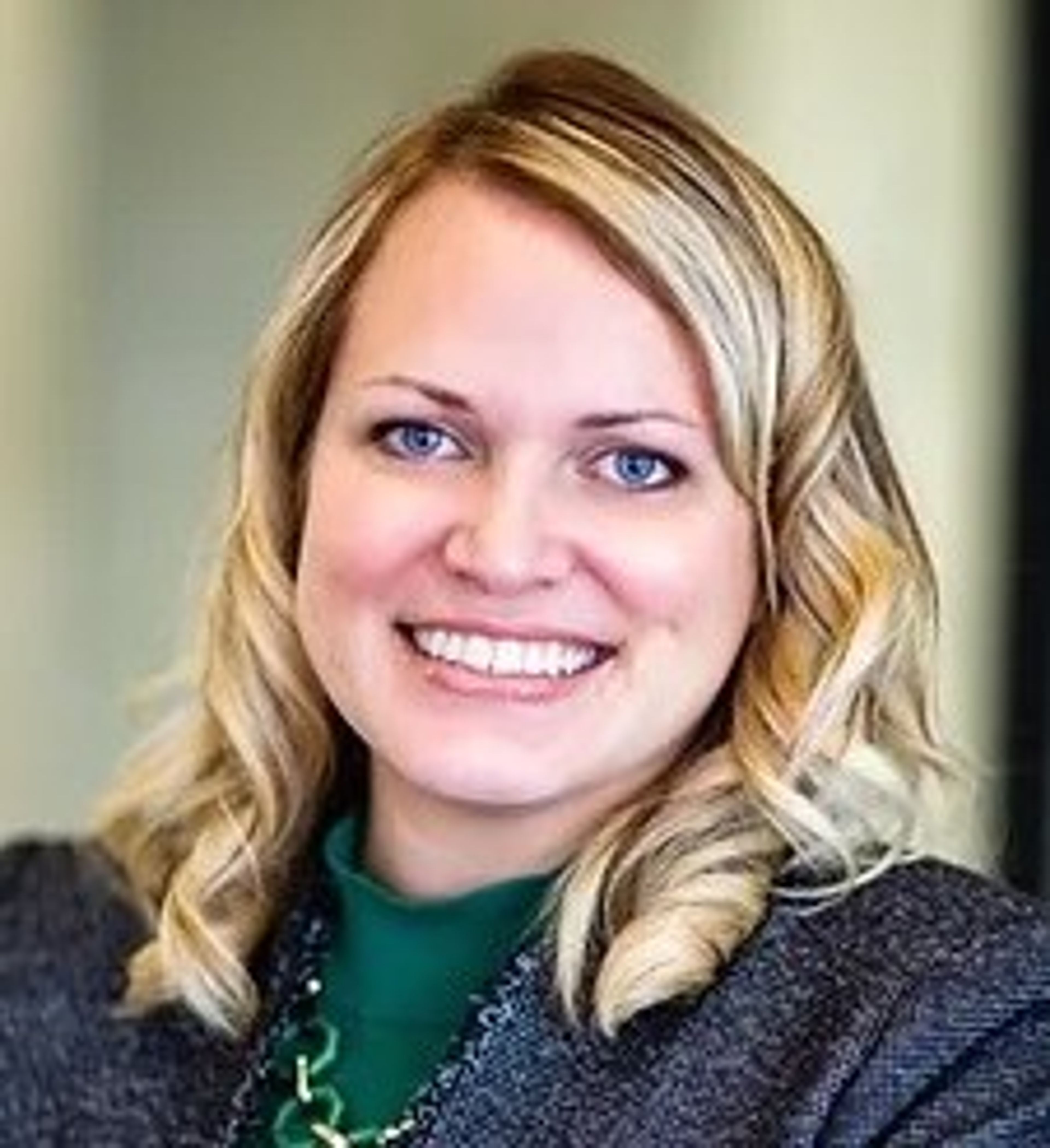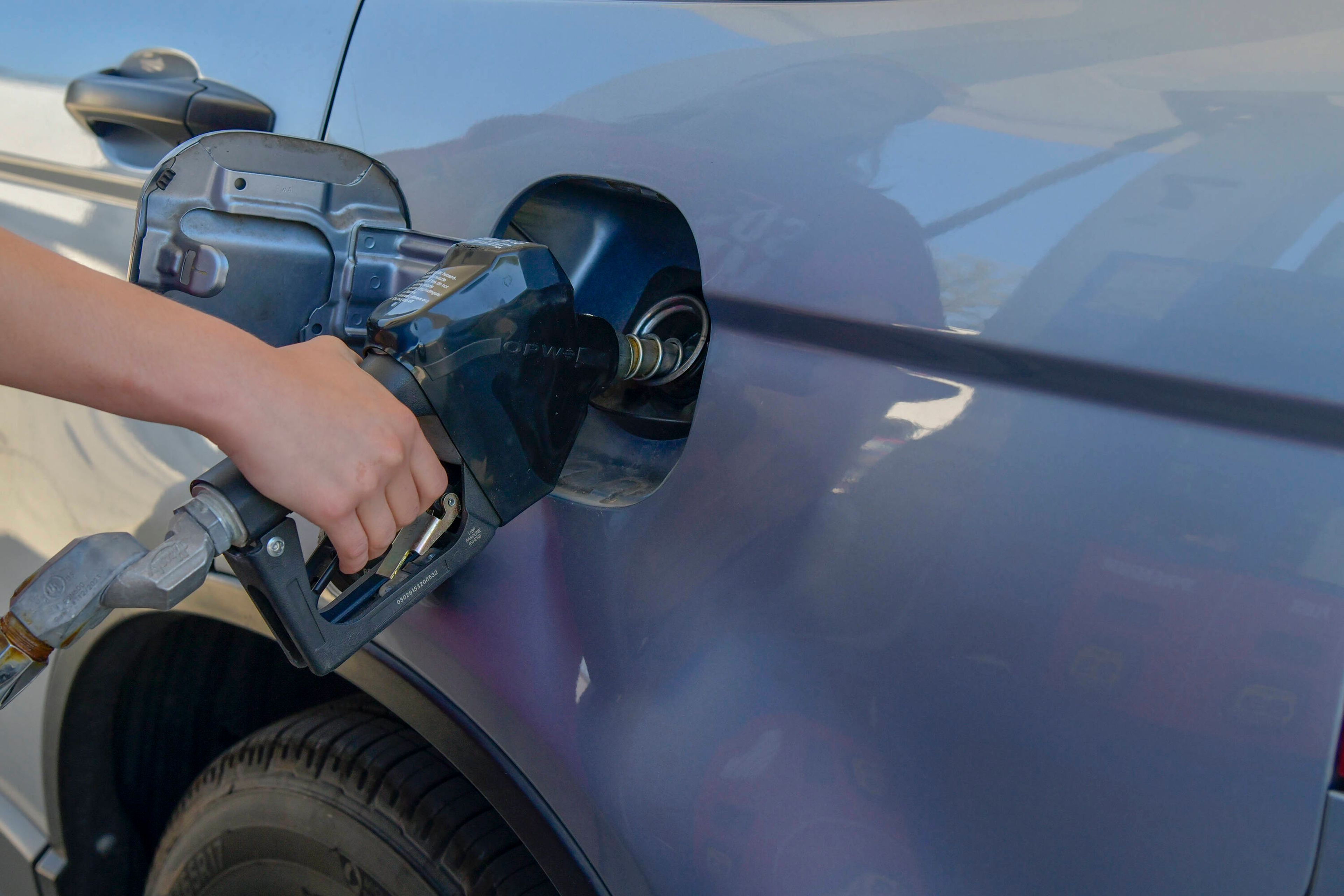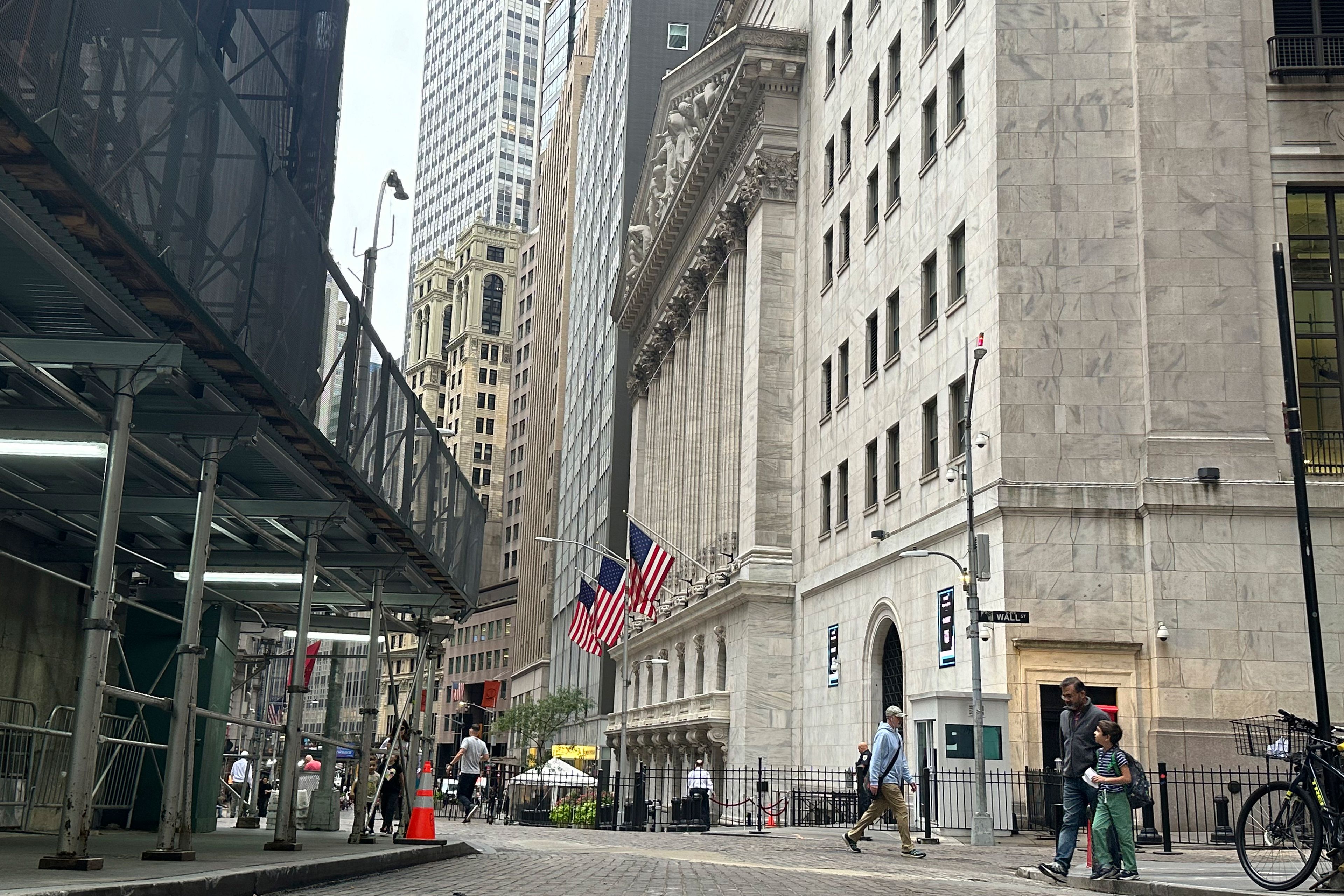Solar power has long been known for its environmental benefits, but as the technology becomes more affordable, it's taken on mainstream use in homes, farms and businesses.
"The price of solar has gone from a very niche application to an application that's competitive on a head-to-head basis with the purchase of electricity in many ways," says Mark Nussbaum, area engineer for the USDA's Natural Resource Conservation Service in Jackson. "Folks are so used to thinking of solar power as a niche or for the environmental benefits alone; they're not aware of the rapid change (in cost)."
Aur Beck, owner of Advanced Energy Solutions in Pomona, Ill., specializes in solar hot water and electric systems in residential areas. Beck says the No. 1 benefit of solar power to homeowners is that they can lock in their electric costs at a lower rate by using "clean energy." While there is some offset cost, Beck says it pays off in about 10 years; in Missouri, it pays off in only six or seven years.
"The cost of solar has come down," he adds. "People are becoming more educated about it and people are buying more." Beck has been installing solar power systems since 1999 and says his business has increased more than 20 percent during that time.
Nussbaum says most applications he sees are in agriculture for pumping water.
"The largest use ... is to pump water for livestock use, and that's really throughout Southeast Missouri. The second use is smaller but growing, and that's pumping irrigation water for crops," says Nussbaum. "It's typically more cost-effective to use solar electricity when traditional electricity sources are not readily available. If you're going to run a power line a long distance, solar panels typically provide a cheaper alternative."
And as the price of solar panels continue to drop, Nussbaum expects the cost of solar power itself to follow suit.
"They've reached a threshold price level, so it's very economical to apply solar systems, especially in rural areas," he says. "I don't think the economics are quite as favorable for applications in urban areas, but they're getting close, and one could argue that they've passed some threshold levels there."
Notre Dame Regional High School installed its first solar panel six or seven years ago -- a small, 1-kilowatt system -- with a grant from Ameren Missouri and the U.S. Department of Natural Resources. The panel ties into the school's electrical grid, and it was purchased mainly as an educational tool. However, as assistant principal and physics teacher Brad Wittenborn continued to study solar power, he realized that it could be a cost-saving system as well. Last year Drury Southwest funded a new 25-kilowatt array: two trees at about 25 by 32 feet each that produce 25 kilowatts of electricity in full sunlight. This is the first full school year that Notre Dame will use the solar panels, and Wittenborn estimates they will save the school about $4,000 in electrical costs each year. The panels also require very little maintenance.
"It's a pretty good teaching source because we can keep track of all kinds of things with it," says Wittenborn. "Being an educational institution, we want to help the environment as much as we can, as well. There are a lot of things we're doing to keep our part of the world a little nicer, a little cleaner. A clean technology like solar power is a real plus."
And who knows, says Wittenborn -- maybe someday his students will take an interest in solar power as a career field or use it in their own homes and businesses.
"It gets to be a lot cheaper than a typical nuclear plant but not quite as cheap as a coal plant. I think it's a good thing ... solar power has a very bright future," says Nussbaum. "For any new technology to be adopted, it has to not only be cost-competitive but cheaper, to give people a reason to switch from one product they've used for years. We're reaching that now. We're reaching the point where solar is going to be cheaper than to buy power off the grid."
Connect with the Southeast Missourian Newsroom:
For corrections to this story or other insights for the editor, click here. To submit a letter to the editor, click here. To learn about the Southeast Missourian’s AI Policy, click here.









